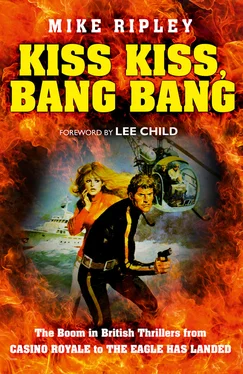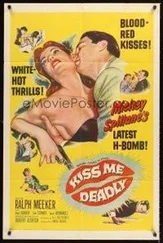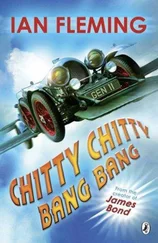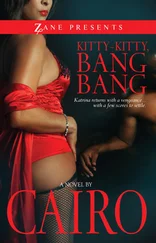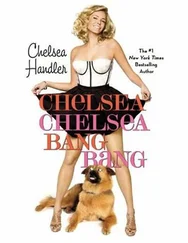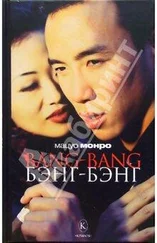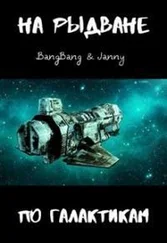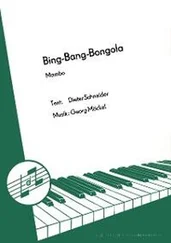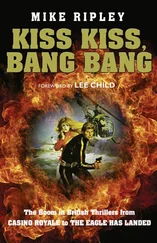Frederick Forsyth spent many years as a senior correspondent in France, work experience which clearly proved useful for The Day of the Jackal . However, his first published book was non-fiction, a quite harrowing account of the Nigerian civil war he had covered in 1967, The Biafra Story , and he was to use his knowledge of Africa again in his third novel, The Dogs of War . In his 2015 memoir, The Outsider , Forsyth revealed that it was during his time as a reporter in Africa that he was approached by MI6 to take undertake minor jobs (unpaid, he stresses) as a courier.
Other trouble spots covered by journalists also gave rise to some outstanding thrillers as well as dramatic reportage and, in the early 1970s, there was no more troubled a spot than Northern Ireland. Independent Television News reporter Gerald Seymour covered ‘The Troubles’ there, which provided the background and the inspiration for his first thriller, Harry’s Game , in 1975. Alan Williams too reported from the front lines in Northern Ireland and also from Vietnam, Rhodesia, and Algeria as well as covering the Arab–Israeli Six Day War in what was, to put it mildly, a colourful career. Even as a student at Cambridge, he had been drawn to political ‘trouble spots’ starting with the 1956 Hungarian uprising against Soviet rule and later helping to smuggle a dissident student out of Poland via East Germany. (He was also credited with helping to smuggle the manuscript of Aleksandr Solzhenitsyn’s Cancer Ward out of Russia.) His coverage of the civil war in Algeria not only gave him the background for his thriller Barbouze (meaning ‘spy’ in French slang) but brought official complaints about him from both Arab insurgents and the French Army and made him something of a legend in Fleet Street.
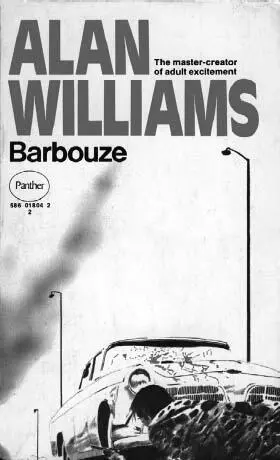
Barbouze , Panther, 1970
Many of Alan Williams’ contemporaries from Fleet Street told stories of his time in Algeria and of how his fondness for dressing in a white safari suit and Panama hat made him such a clear target for the gangs of roving gunmen (from both sides) that fellow foreign correspondents would discreetly move away from him whenever he entered a sidewalk café or a bar frequented by the press corps. In later years, Williams gleefully told the story himself.
As part of their job, journalists mingled with thriller writers on a regular basis, whether they had their own ambitions in that direction or not. In a feature marking the 50th anniversary of The Ipcress File on the crime fiction website Shots Magazine, journalist and film critic Barry Norman recalled:
I first met Len Deighton in the ‘Mucky Duck’ (The White Swan pub off Fleet Street frequented by reporters from the Daily Mail ) when The Ipcress File had just hit the bestseller lists. He couldn’t believe his luck. Up to then he’d been known – if at all – as a cookery writer in national papers. Nice bloke, he seemed then, and personally I took to the guy.
But I wasn’t all that happy with Deighton later after I’d written my first spy novel, The Matter of Mandrake , rather in the James Bond genre, and I wasn’t too chuffed about some bloke coming along and moving the whole business from upper and middle to the working class. But his were bloody good books and I still enjoy the films.
Another Fleet Street stalwart, George Thaw, the Literary Editor for the Daily Mirror , became close friends with and a neighbour of one of the rising stars of that decade, Duncan Kyle – himself a journalist until he hit the bestseller lists with his debut A Cage of Ice in 1970. When Kyle’s novel was reissued in 2012, Thaw recalled how the author took his research seriously, sometimes allowing it to spill over into his private and social life:
The research for Whiteout! (Kyle’s seventh thriller, published in 1976) included a sojourn at an American kind-of-secret base in the Arctic. Apart from background and colour (mostly snow white) for the book he emerged with the recipe of the most sophisticated dry Martini ever served in Suffolk and perhaps in Britain. It involved keeping a special tea pot in his fridge/freezer, carefully measured high-proof gin, un-waxed lemons and a very secret proportion of Martini to gin. It tasted fabulous and he always claimed the most important part of the whole business was using that teapot –and drinking with friends.
The lure of writing a bestselling thriller which would lead to untold riches, film deals, and tax exile in Ireland (the popular choice for high-earning artists in the Seventies), was stunningly obvious. Journalists knew, or thought they knew, that they could write; former military men who had seen active service and overseas postings felt they had the required background knowledge. Journalists certainly had the confidence to attempt a thriller 4, yet the ability to produce a bestseller was not exclusively theirs. As well as Alistair MacLean, Harry Patterson (Jack Higgins) and James Mitchell (the creator of Callan ) had also embarked on careers in teaching before they turned to writing fiction, which they did with great success.
The most unusual professional crossovers, however, were those of Brian Lecomber and Ted Allbeury. Lecomber was a flying instructor on Antigua in the Caribbean – just the sort of character likely to appear, say, in a Gavin Lyall thriller – who wrote three successful thrillers with aviation plotlines between 1975 and 1978. He was then given the chance to join the famous Rothmans Aerobatic Team and immediately abandoned thriller writing completely, declaring it ‘boring’ compared to stunt flying. Ted Allbeury served in the Intelligence Corps during and after WWII but, before he became a highly successful and much admired thriller writer, he had dabbled with careers in advertising, in public relations, as a farmer, and in 1964 he embraced one of the icons of the decade by becoming the Managing Director of a pirate radio station! Initially, Radio 390 operated from the decommissioned wartime Red Sands sea fort off the north Kent coast near Whitstable and was the location, in 1966, for the filming of an episode of Danger Man starring Patrick McGoohan. The station then moved out to sea as a ship-board pirate station, renamed Radio 355.
Exotic as some of their work experience was, the one thing necessary for the would-be thriller writer, possibly above all else, was a well-thumbed passport. A solid British thriller delivered danger, suspense, excitement, and possibly an insight into a richer, more privileged lifestyle, but crucially it delivered travel to foreign locations which the average reader could only realistically hope to explore through the printed page.
In the Fifties and Sixties, the majority of secondary school pupils in Britain studying for ‘O’ and ‘A’ Level examinations would be issued with a Philip’s Modern School Atlas in which, on every world projection, the countries of the Commonwealth were coloured pink. Quite why pink was never explained, but every student could see at a glance, and be reassured, that British influence extended from Baffin Island to the Falklands, and from Sierra Leone to New Zealand.
Editions of the same Atlas from before World War II would have displayed even larger swathes of pink, perhaps two-fifths of Earth’s land surface, to designate the British Empire rather than Commonwealth – perhaps that particular shade was called Imperial Pink 1– but the significance of the Empire, in economic and political terms, was fading from the map.
Читать дальше
